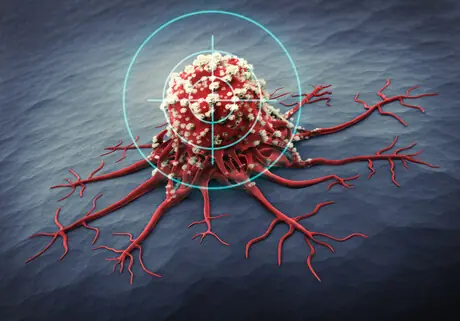
ScienceScientists Say Viral Infections Could Be The Hidden Cause Of Alzheimer’s — 30 Years Of Research Now Validated
In a groundbreaking scientific development, researchers have found compelling evidence that viral infections may be a hidden trigger behind Alzheimer’s disease, one of the most mysterious and devastating neurological disorders of our time. After three decades of research, scientists are now seeing clear connections between chronic viral exposure and the onset of Alzheimer’s, a discovery that could fundamentally reshape how the disease is understood, prevented, and treated.
Alzheimer’s, the most common form of dementia, affects over 55 million people globally. It gradually destroys memory, cognitive ability, and, eventually, the ability to perform even basic tasks. Until now, the disease has been largely attributed to the buildup of amyloid plaques and tau tangles in the brain, though the exact cause behind these formations remained elusive.
Recent studies, however, have validated a long-suspected theory: that certain viral infections, particularly those involving herpesviruses, may play a key role in triggering this destructive cascade.
A landmark study published in Nature Neuroscience earlier this year has provided what experts are calling “smoking gun” evidence. The research team, composed of neuroscientists, virologists, and immunologists from institutions in the U.S., U.K., and Sweden, found that people with Alzheimer’s had significantly higher levels of herpes simplex virus type 1 (HSV-1) and other dormant viruses in their brain tissue compared to healthy individuals.
Even more strikingly, experiments in laboratory settings demonstrated that exposure to these viruses caused an accelerated formation of amyloid-beta plaques—a hallmark of Alzheimer’s. In animal models, antiviral treatment appeared to reduce the rate of cognitive decline, suggesting that intervention at an early stage might be possible.
Dr. Emily Harper, a neurologist at the University of Oxford and co-author of the study, explained:
"This is not to say viruses are the sole cause of Alzheimer’s, but they may be a key trigger in vulnerable individuals. Think of it as the match that lights the fire. For years, the evidence was circumstantial—now we have clear biological mechanisms and data to support the connection."
The idea of a viral component in Alzheimer’s is not entirely new. In fact, it has been debated in the scientific community since the early 1990s. But for decades, it was pushed to the margins, considered too speculative to take seriously. Today, those early researchers finally feel vindicated.
This breakthrough has major implications—not just for how Alzheimer’s is treated, but also how it might be prevented. If viral infections, especially latent ones like herpesviruses or Epstein-Barr virus (EBV), are confirmed to increase risk, it opens up the possibility of vaccinations and antiviral therapies as new lines of defense.
Pharmaceutical companies are already taking notice. Several are now initiating clinical trials to test whether antiviral medications can delay or prevent cognitive decline in patients who test positive for HSV-1 or EBV. While it’s still early days, the potential is enormous.
There is also renewed urgency in understanding how immune system function and inflammation interact with these viral threats. Chronic inflammation is a known contributor to neurodegenerative diseases, and viral infections may silently inflame the brain over time, laying the groundwork for Alzheimer’s years—even decades—before symptoms appear.
In conclusion, this scientific validation marks a new chapter in the fight against Alzheimer’s. After 30 years of skepticism and persistence, researchers are finally uncovering a plausible viral link to this devastating disease. While much work remains, these findings offer new hope for millions of families worldwide—and a powerful reminder that the keys to solving the world’s most complex diseases often lie in the places we least expect.
News in the same category

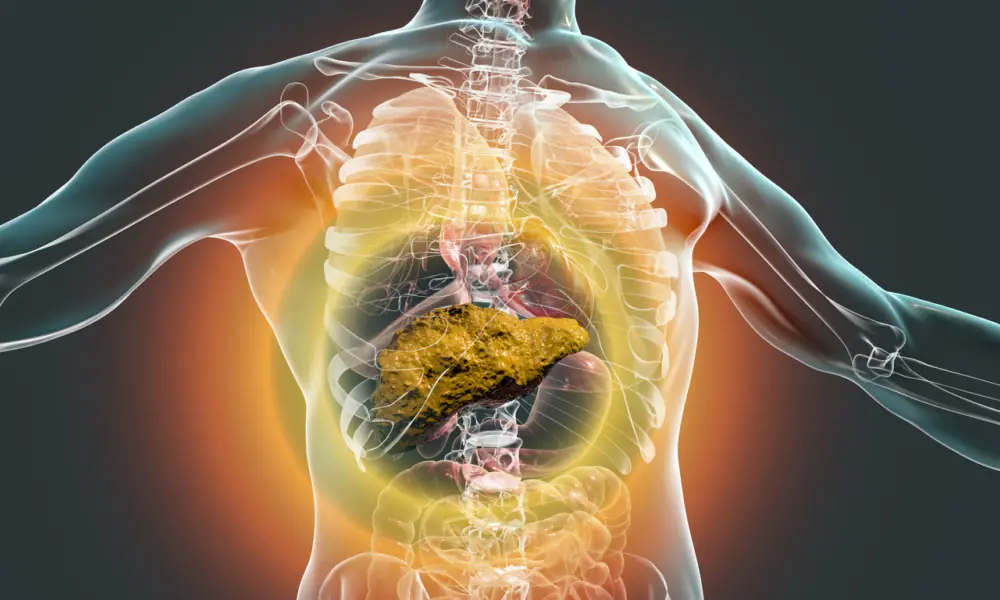
Fatty Liver Disease Affects 1 in 4 People — A New Treatment Shows Promising Results

Menopausal Brain Fog? Low Iron Levels May Be the Hidden Cause

Lung Cleansing with a Powerful Natural Garlic Juice

A recent study has uncovered a key switch in aging—and it all comes down to a structure inside your cells called the nucleolus

🧄🌿 Natural Remedy for Leg Pain, Rheumatism, Varicose Veins & Arthritis with Cloves and Garlic

White Clover (Trifolium repens): 15 Benefits and Homemade Uses

Breakthrough Protein Combo Could Heal Heart Damage and Regenerate Organs
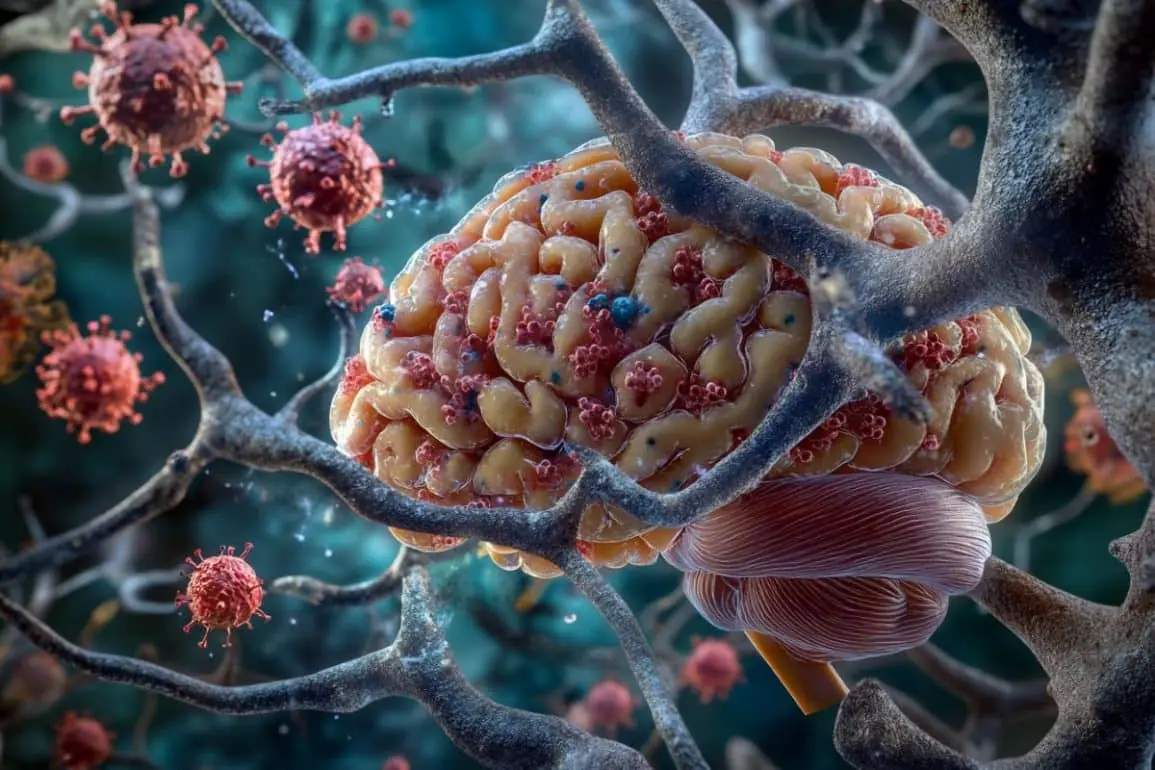
Head Injuries May Reactivate Dormant Viruses and Trigger Alzheimer’s-Like Brain Damage

How Blood Production Changes After 70: New Research Reveals a Surprising Shift

What Is Acid Reflux? Causes, Symptoms, and How to Prevent GERD

AI and Eye Scans: A Breakthrough in Fast, Accurate ADHD Diagnosis

Early Signs of Heart Disease: What Chest Pain, Shortness of Breath, and Swollen Legs Could Mean
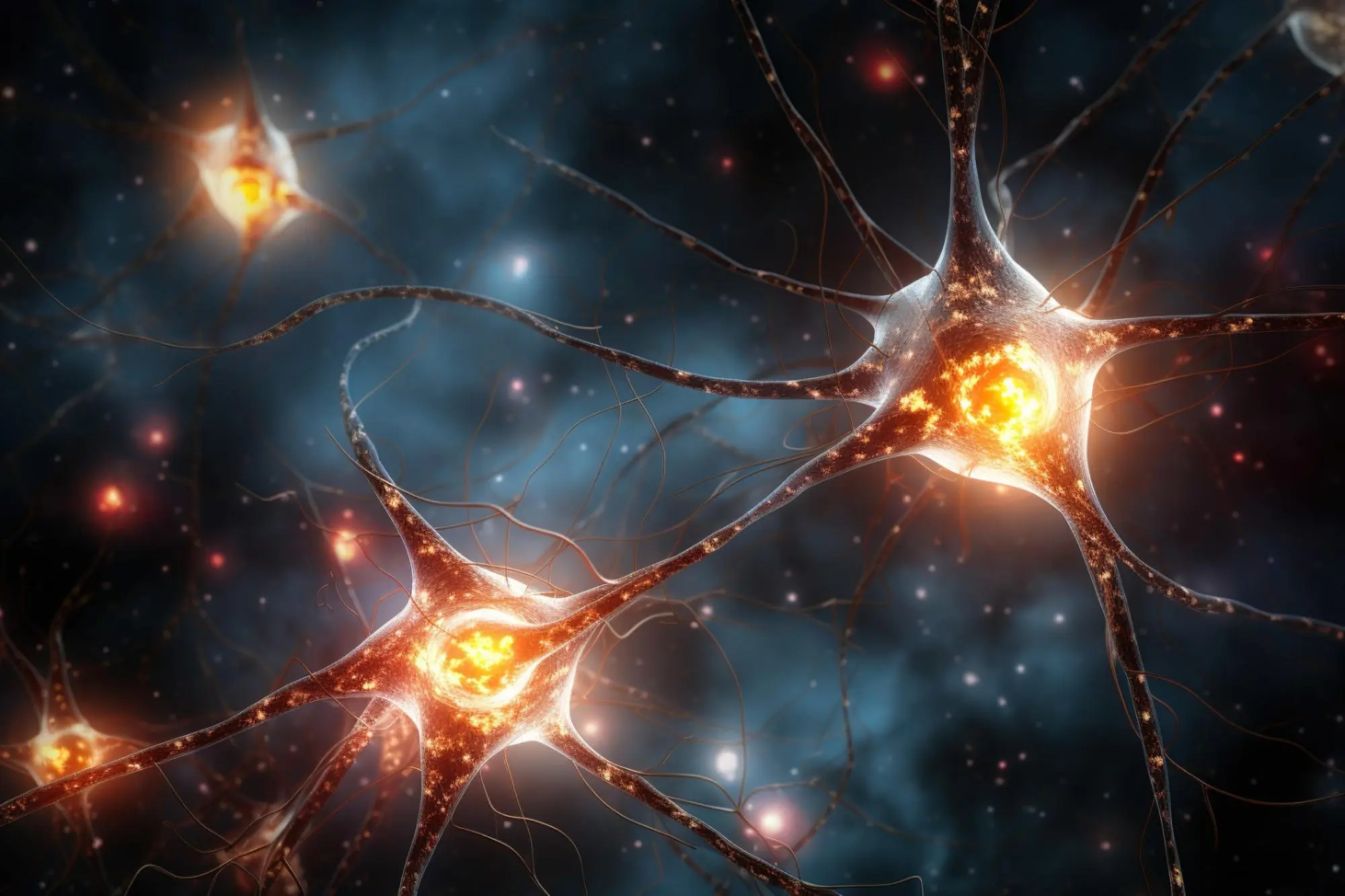
Groundbreaking Nanoparticle Technology Reverses Parkinson’s Disease in Stunning Study

This Psychedelic Root from Brazil May Be Able to Treat Depression

Researchers Reveal How Long It Takes To Grow Muscle When Lifting Weights

Waking Up After 6 Hours of Sleep? Here's Why—and Whether It’s Enough
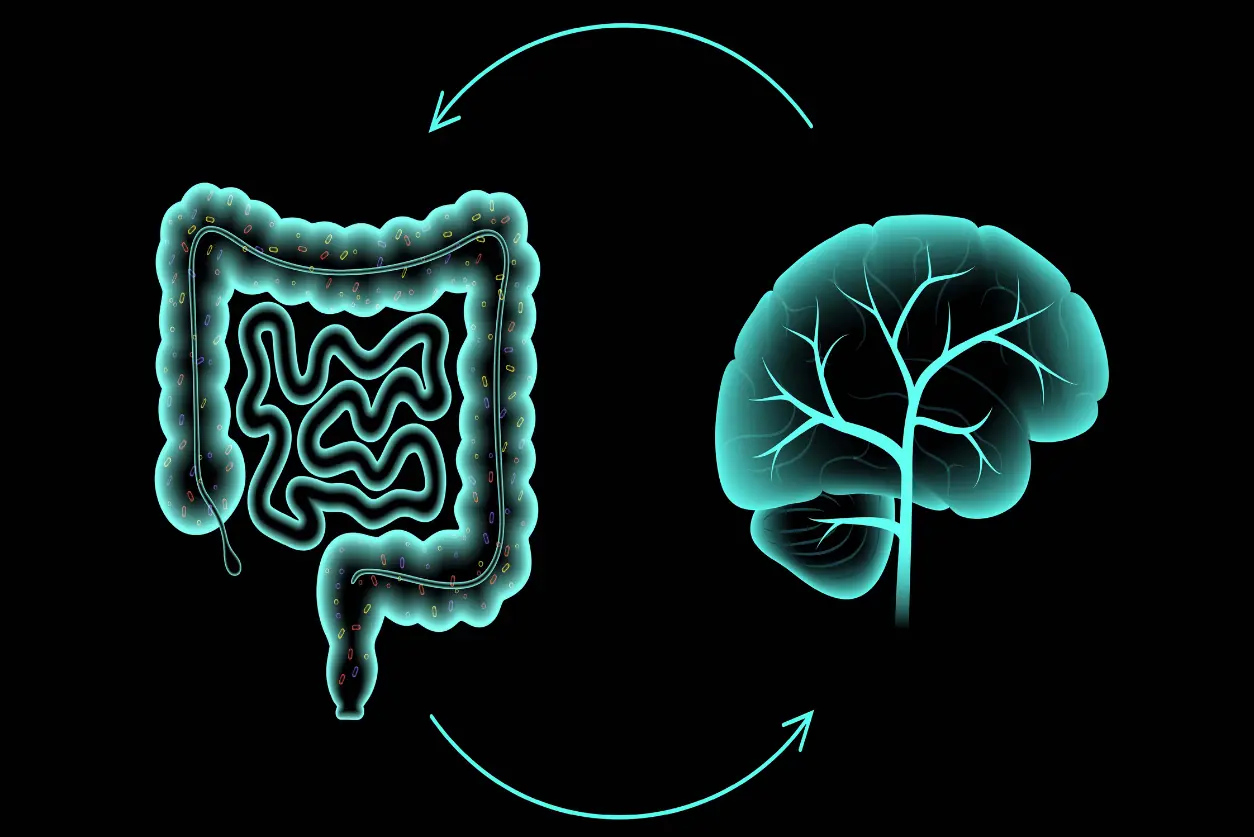
How Your Gut Bacteria Influence Your Mood, Thoughts, and Mental Health

The Hidden Cost of Anger: How One Minute of Rage Can Weaken Your Immune System for Hours
News Post

Persistence Hunting: How the San People of the Kalahari Master the Art of Endurance

Halley’s Comet Is Back, But This Time, It’s Raining Fire

Breakthrough Cancer Treatment Uses Ultrasound and Microbubbles to Destroy Tumors from Within

Fatty Liver Disease Affects 1 in 4 People — A New Treatment Shows Promising Results

Menopausal Brain Fog? Low Iron Levels May Be the Hidden Cause

Lung Cleansing with a Powerful Natural Garlic Juice

A recent study has uncovered a key switch in aging—and it all comes down to a structure inside your cells called the nucleolus

Greece Rocked By Massive Earthquake As Tsunami Warning Sparks Panic

Sun Unleashes Monster Flare As Scientists Say Earth Could Be Hit By Massive Solar Storm Tomorrow

🧄🌿 Natural Remedy for Leg Pain, Rheumatism, Varicose Veins & Arthritis with Cloves and Garlic

Modern House Fires Burn Faster: Why You May Have Only 3 Minutes to Escape

White Clover (Trifolium repens): 15 Benefits and Homemade Uses

A Mom of 7 Demanded My Deaf Grandpa Get Out of the Elevator—So I Brought Her Back to Reality

Could the Sahara Desert Power the Entire World with Solar Energy?

Breakthrough Protein Combo Could Heal Heart Damage and Regenerate Organs

Head Injuries May Reactivate Dormant Viruses and Trigger Alzheimer’s-Like Brain Damage

How Blood Production Changes After 70: New Research Reveals a Surprising Shift

My Ex-husband Got Our House, Car and All Our Money After Divorce – I Laughed Because That Was Exactly What I Planned
